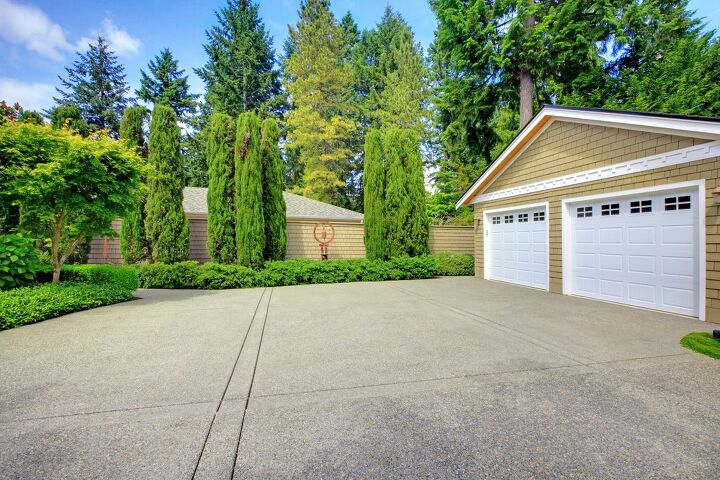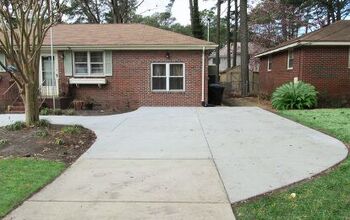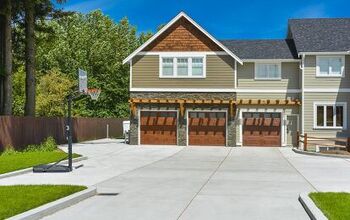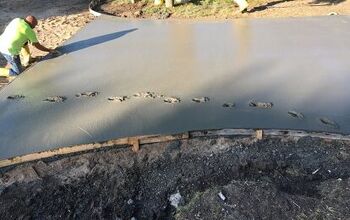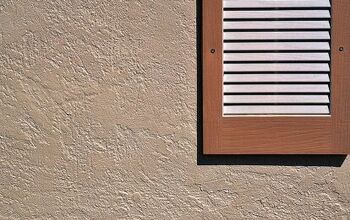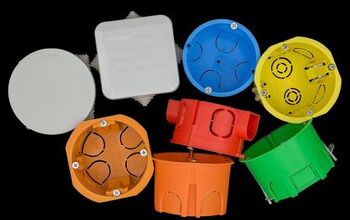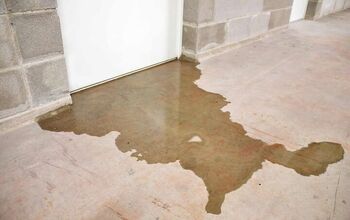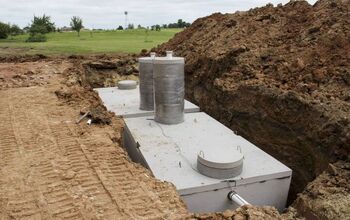Does Widening A Driveway Increase The Home Value?

When you’re ready to sell your home, you might start looking for ways to increase its value. A new driveway adds $5,000 to $7,000 to the home value. Does widening a driveway also increase home value?
Widening a driveway adds value to your home. The average cost for a concrete driveway extension is $2 to $15 per square foot, depending on the materials. When you sell the house, you make back the money, and sometimes more.
Let’s look at the benefits of widening a driveway, and how to maximum the return on your investment.
Do You Need to Hire an Appraiser?
Get free, zero-commitment quotes from pro contractors near you.

Why Should I Widen My Driveway?
The most practical reason to widen your driveway is to have more room for parking. This appeals to buyers who have several cars, a boat, or an RV. Another situation that benefits from widening a driveway is curb appeal. The proportions between the driveway and home may not be balanced. Buyers notice this right away. Widening a driveway can also define walkways to the front door or make space for a patio.
Why Does Widening a Driveway Increase Home Value?
Widening a driveway provides more usable space in front of your house. Buyers see that their friends and family don’t have to park on the street, and they can keep all of their vehicles safely on the property. Wider driveways also appear more family-friendly.
How Much Does It Cost to Widen a Driveway?
The cost of adding a driveway extension is $2 to $20 per square foot, depending on the type of material that is used. The average total cost for a concrete driveway extension is $4,900.
How to Widen a Driveway
In order to maximize the return on your investment for a driveway extension, the work needs to be of high quality. Let’s look materials that are used for widening driveways, and how to get the most from the investment.
Gravel
Gravel is a quick, easy, and very affordable way to widen a driveway. It costs $0.50 to $2 per square foot, making it one of the most affordable options for a driveway extension.
Remove any grass and landscaping along the edge of your driveway, and level the soil. Fill in the area with gravel.
The best way to see a return on your investment with gravel is to choose a material that enhances the curb appeal of your home. Pea gravel, Jersey Shore gravel, and marble chips are good options.
Concrete Pavers
Concrete pavers are pre-fabricated, so you can widen your driveway very quickly. The average cost for concrete pavers is $3 to $7 per square foot.
Use thicker pavers that can withstand the weight of vehicles. Interlocking pavers are better than non-interlocking because there is very little space between each paver. A benefit of concrete pavers versus other materials is that water soaks into the soil between the pavers rather than running down the driveway.
On average, widening a driveway with concrete pavers gives you a 9% return on the investment. In other words, you recoup the cost of the pavers plus 9% when you sell the home.
Bricks
Bricks are another option for quickly widening your driveway. The average cost is around $1.50 to $3 per square foot. Regular bricks don’t work for driveways, so make sure that you get paver bricks.
If you avoid bricks because of the extra labor involved with applying the cement or mortar, there’s some good news. You don’t have to use either of these materials to widen a driveway. Level the soil, add a layer of gravel, and then a layer of sand. Lay out the bricks, and use angles to add interest to your driveway extension.
Bricks give you an average of an 8% return on investment. If you spend $2,000 on widening your driveway with bricks, it increases the value of your home by $2,160.
Asphalt
Asphalt costs $2 to $6 per square foot, and it does require some maintenance. The surface needs to be sealed every 2 to 3 years.
Asphalt is fairly easy to blend along the edges. A good contractor can make the driveway extension look like part of the original driveway.
An asphalt driveway extension gives you about a 10% return on investment.
Concrete
Concrete is the most expensive material for widening a driveway, but it is also the most durable. Concrete costs $4 to $8 per square foot. You can spend a little more and have the concrete border stained to add some interest.
Choose a contractor that specializes on widening driveways with concrete. You don’t want any seams in the final product. Use a penetrating sealer to protect the concrete.
Concrete is an excellent investment. On average, the return is more than twice the investment.
How to Widen a Driveway Apron
Widening a driveway apron, or entrance, is a little more involved than widening a driveway. Building codes and local ordinances determine the width of the apron. Check with local resources to find out if and how you can widen your driveway apron.
Related Questions
How can you sell a house with a bad driveway?
Selling a house with a bad driveway is challenging. Help buyers focus on other benefits of the property. Be prepared to discuss the cost of fixing the driveway.
How wide is the average driveway?
Most residential driveways are 9’ to 24’ wide. The width is based on the type of garage. A driveway for a single-car garage is 9’ to 24’ wide, and a driveway for a double-car garage is 20’ to 24’ wide.
Do You Need to Hire an Appraiser?
Get free, zero-commitment quotes from pro contractors near you.

Summary
Widening a driveway does increase the value of your home. Seeing a good return on your investment relies on the materials and quality of the work.
Gravel is the most affordable option for widening a driveway. It is also easy to use. Concrete pavers and bricks are also good for widening a driveway and adding value to your home. Gravel, pavers, and bricks add interest to your home, and they also drain water better than concrete and asphalt.
Concrete and asphalt are the most expensive materials for widening a driveway, but they are also the most durable. Choose a contractor that specializes in driveway extensions with concrete and asphalt. You want the driveway extension to blend perfectly with the existing driveway. When you widen a driveway with concrete or asphalt, apply a sealer to protect against water damage.

Jennifer L. Eggerton loves being hands-on, whether it's with a home DIY project, making repairs, re-decorating a room, or keeping life organized. She enjoys helping people by sharing her knowledge, insights, and experiences, as well as her lessons learned. In addition to her work as a writer, Jennifer is a Jeep® overlander, self-published author, and nature photographer who loves being outdoors.
More by Jennifer Eggerton



